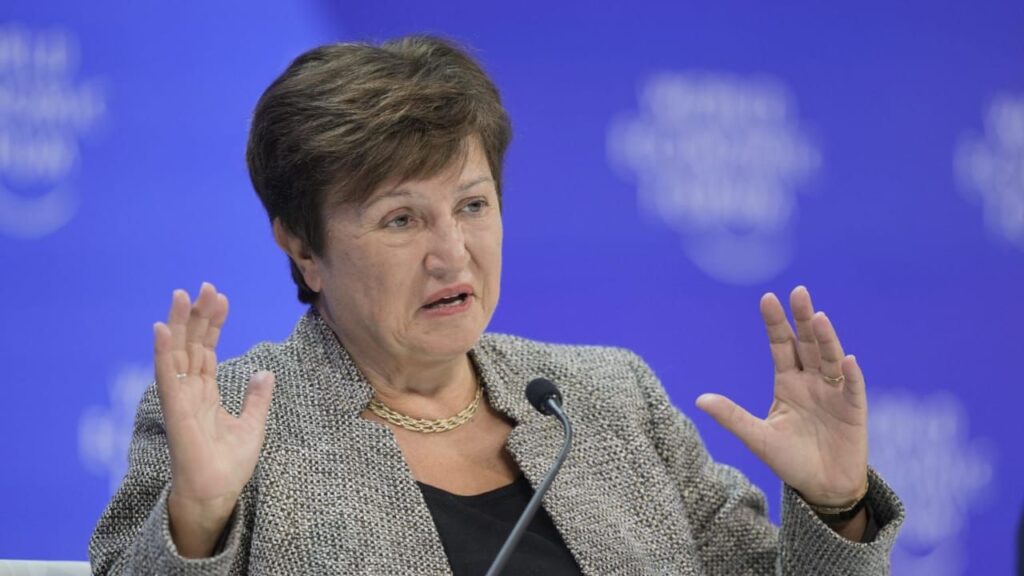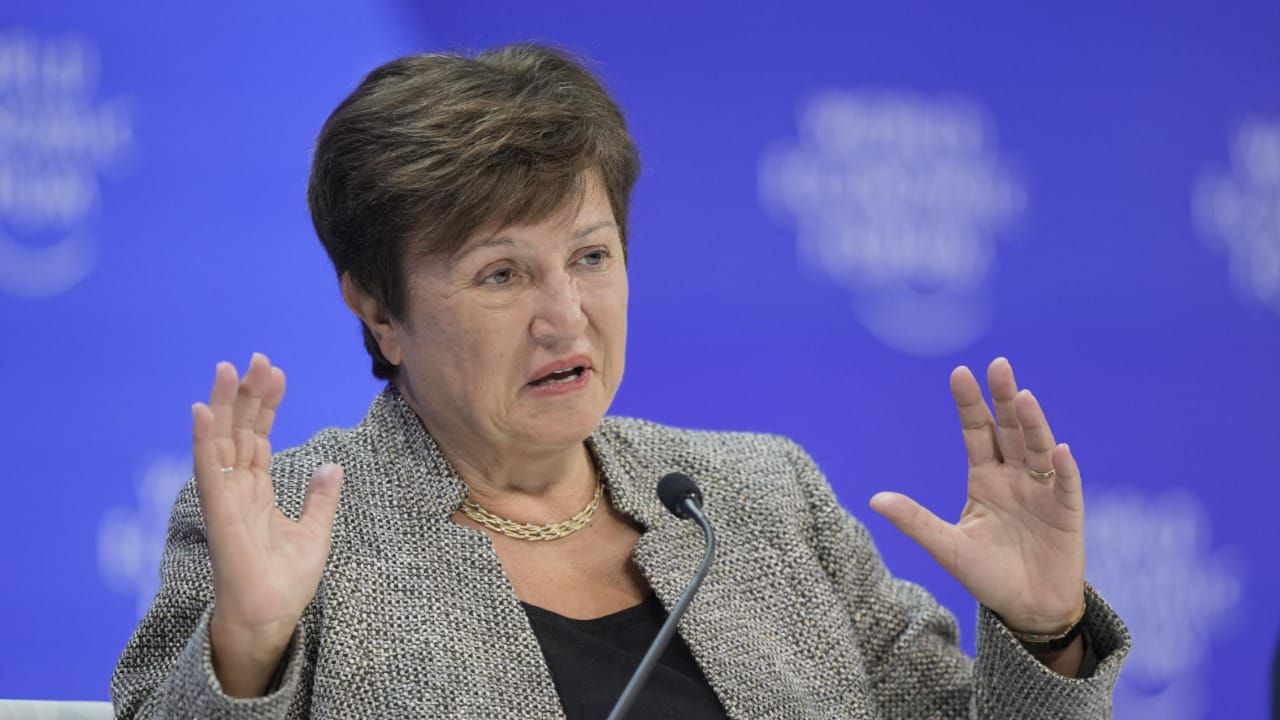By Twink Jones Gadama
The Reserve bank Governor Dr Wilson Banda has issued a statement where he plays down the rumours that are making rounds saying the Kwacha is to be devalued again. He has since appealed to the general public to desist from creating and circulating false reports which bring about unwanted speculation, panic and uncertainty in the economy.
Earlier on ,they were reports that the International Monetary Fund (IMF) has issued a stern warning to the Malawian government, urging a 60% devaluation of the Kwacha or risk forfeiting the second tranche of the Extended Credit Facility (ECF).
According to sources, IMF Chief Kristalina Georgieva has written to Finance Minister Simplex Chithyola Banda, emphasizing the dire consequences of inaction.

The letter, dated September 5, 2024, cautions that failure to devalue the Kwacha will plunge Malawi into a deep economic crisis, surpassing the severity of Zimbabwe’s economic meltdown a decade ago.
Georgieva’s warning has sent shockwaves through the financial sector, prompting an emergency meeting between government officials and the IMF.
After intense deliberations, the government has decided to heed the IMF’s advice, opting for a staggered devaluation approach.
A 40% devaluation is expected to be announced shortly, followed by an additional 20% devaluation next month.
This move aims to mitigate the impact on the economy while aligning with the IMF’s requirements.
The Kwacha’s value has been under pressure due to a combination of factors, including a widening trade deficit, dwindling foreign exchange reserves, and a decline in tobacco exports – Malawi’s primary foreign exchange earner.
The IMF’s intervention seeks to address these underlying issues and restore macroeconomic stability.
While the government’s decision has been met with mixed reactions, economists argue that devaluation is inevitable.
“The writing has been on the wall for some time now.
“The Kwacha’s overvaluation has made our exports uncompetitive, and the IMF’s warning is a wake-up call to address our economic vulnerabilities,”
said Dr. William Mwanza, a renowned economist
However, concerns have been raised about the potential impact on inflation, which could rise significantly following the devaluation.
“The poor and vulnerable will bear the brunt of this decision.
“The government must implement measures to cushion the effects and ensure that the benefits of devaluation trickle down to the masses,” warned Dr. Mwanza.
As Malawi teeters on the brink of economic uncertainty, the IMF’s intervention has sparked a heated debate about the role of international institutions in shaping domestic economic policies.
While some argue that the IMF’s advice is necessary to avoid a crisis, others see it as an infringement on Malawi’s sovereignty.
In a statement, the Ministry of Finance acknowledged the IMF’s warning and assured the public that measures are being taken to minimize the impact of devaluation.
“We understand the concerns of our citizens and are working tirelessly to ensure a stable economic environment,” said Minister Banda.
As the nation waits with bated breath for the official announcement, one thing is clear – the Kwacha’s devaluation is a bitter pill that must be swallowed to avoid a catastrophic economic crisis.
The Reserve Bank has responded with a press statement that says the report circulating on social media that the IMF has written the Minister of Finance and Economic Affairs to devalue the Malawi Kwacha by 60% is false and should be ignored.
Through a statement released and signed by Governor Dr. Wilson Banda, there are no plans to devalue the Malawi Kwacha.
“The general public is reminded to look up for information on matters of monetary policy from the Reserve Bank of Malawi,” Banda said.



